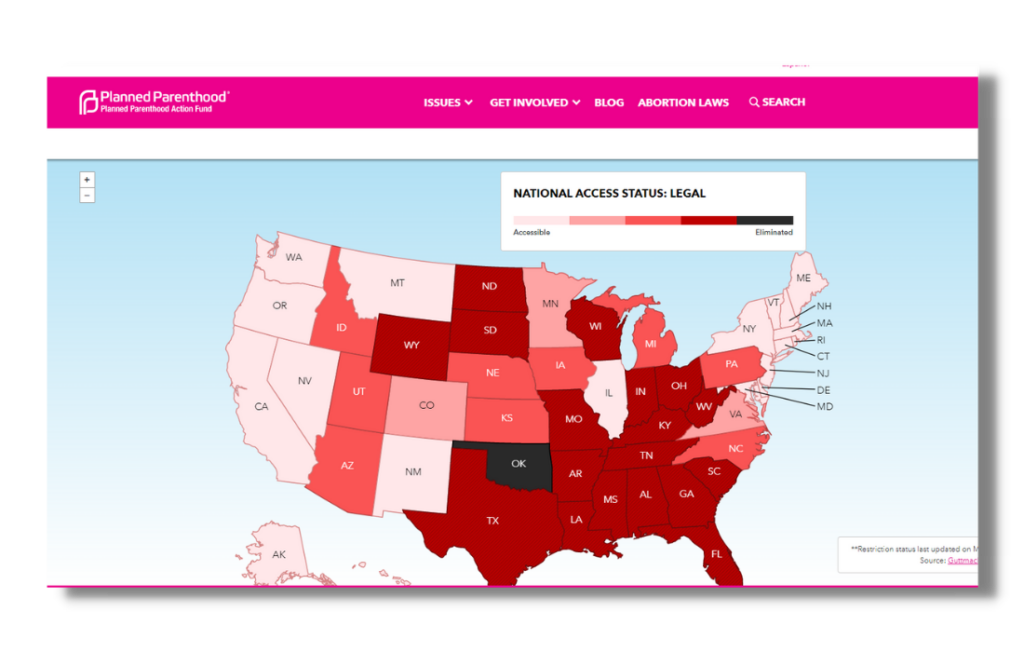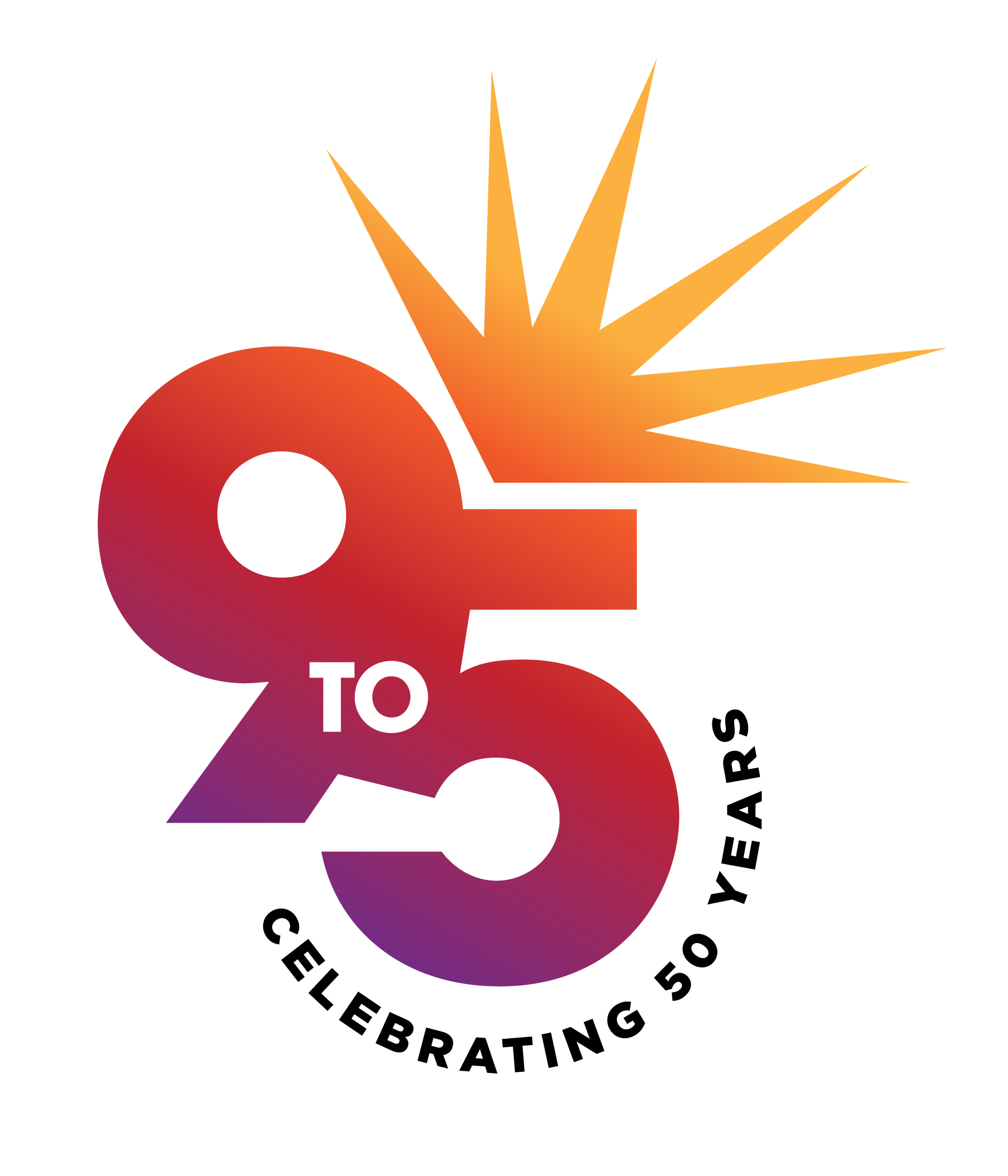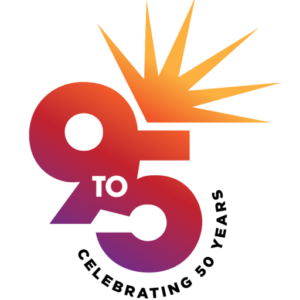Overturning Roe vs. Wade is a step backward in our fight for economic justice for all working women. We must be able to make decisions on when, if, and how many children we have AND have access to affordable, safe, and accessible healthcare and childcare options. The wealthy will always have access to whatever doctors, procedures, and medicine they want – they can travel, take time off work, have access to private physicians and often are not held accountable when breaking the law.
Overturning Roe will have a direct and devastating impact on low-wage people of color and working families and have rippling effects on our society and economy. The economic and health disparities that affect people of color and low-wage people will be made worse by not being able to access reproductive healthcare.
The decision of when, how, and if to have children is a deeply personal one. The overturning of Roe is a violation of our basic human right to bodily integrity. Denying our constitutional right to abortion relegates people seeking abortions to second-class status.
Reproductive Justice is Economic Justice is Racial Justice
Research over the past 50 years has shown that access to reproductive healthcare was one of the most impactful economic policies for working people and people of color. When people are able to choose when or if they have children they’re also making decisions about the economic future.
We already know that women, especially women of color, bear the burden of the high cost of having children, from the cost of childcare to the wage gap that exists just from being a mom or a woman of color. Abortion bans only serve to make it more difficult for women, BIPOC, and low-income earners to achieve the lives they want to live. We must fight for a future where all people have the power and resources to make healthy decisions about our bodies, families, and communities.
Access to abortion means people can continue education or continue their careers, and it also means reducing the amount of people in poverty. 49% of people who have abortions are already living below the federal poverty level. When someone chooses to have an abortion they’re making a decision that impacts their economic future. Eliminating access to abortion impacts child care, household finances, education, job security and more. People seeking abortion care will need to have the time and resources to travel farther and farther to access reproductive health care. Worse, many — especially people of color, working parents and those facing greater economic hurdles — will be denied access to safe abortion care full stop.
When abortion was legalized, it increased labor force participation for black women. In fact, Black women who delayed motherhood for just one year realized a 10% increase in wages later in their careers.
We already know what happens to women who can’t get abortions. Women who were unable to get an abortion due to state laws experienced a large increase in serious financial difficulties — including an 80% increase in bankruptcies, evictions, and tax liens. We also know that a majority of the women who were turned away for an abortion said travel and costs were causes of their delay.
The cost of parenthood is incredibly high and politicians have long failed to support working families. We need institutional support to have thriving families and communities and that means access to paid leave, affordable childcare, closing the pay gap, climate justice, and more.
Access to abortion locally is essential. People who need abortions cannot afford to take time off, travel, or access healthcare providers and it will have rippling effects on our society and economy.
Talking About Reproductive Justice
The Supreme Court’s decision will impact all of us and we need to talk about abortion with our friends, family, and communities because it is common, safe, supported by a majority of people, and our right.
The topic of abortion is going to come up at the kitchen table, at the family cookout, or at dinner with friends. It’s important to know the facts and be prepared to talk about it. When we talk about reproductive justice we’re not just helping someone else understand- we’re making abortion a normal and common part of healthcare because that’s what it is!
9to5 is part of the movement for Reproductive Justice, a movement that is about more than just the ability to have an abortion. SisterSong defines it as “The human right to maintain personal bodily autonomy, have children, not have children, and parent the children we have in safe and sustainable communities.” Learn more about Reproductive Justice:
In Your State
It’s up to states to protect access to reproductive healthcare without the protection of Roe vs. Wade- and up to all of us to pressure our elected officials to pass legislation at the state and national levels. Some states have already passed laws that would make abortion illegal, some have passed laws that would protect the right to abortion, and some may be somewhere in the middle. Check out this map from Planned Parenthood to check your state’s laws.

Take Action
The fight to protect our right to abortion and for reproductive justice isn’t over. It will take all of us advocating and fighting for our rights to create the just future we believe in, where everyone is able to choose when and if they have children and create communities where everyone can thrive in safe and sustainable communities.
Actions You Can Take
Five Minute Things You Can Do
Commit to the work ahead by saying BANS OFF OUR BODIES. No bans. Not now, not ever. Visit bansoff.org to learn more and add your name.
Follow your local abortion funds and reproductive justice organizations on social media, join email lists, and tap into the work happening in your community.
Amplify abortionfinder.org or ineedana.com for people who are seeking care.
Donate to independent abortion providers through keepourclinics.org, and the National Network of Abortion Funds via the donate page. You can also find a state list of abortion funds here.
20 Minute Things You Can Do
Share a story if you have one—your own abortion story, lending money to someone for an abortion, driving or providing childcare for a friend’s appointment, etc, via ShoutYourAbortion or wearepp.org/together.
Reach out to friends and family to ask them to take action for abortion access: see this page to download an app called Impactive that makes this very easy.
Record and post a video on TikTok or Instagram in response to the prompt “What does access to abortion matter to you?”
Big Things You Can Do
Volunteer with local abortion funds and reproductive justice organizations to strengthen already existing campaigns and abortion access work.
Join an online National Volunteer Mobilization Call to fight back against abortion bans.
Host a Houseparty- Invite your friends, family, or community over to discuss abortion access and get them involved! Planned Parenthood has all of the resources and planning materials to get you started.
Looking for more? Here’s some more ideas from Planned Parenthood.
Stay Up to Date
We’ll do our best to keep you up to date on the big things happening, but be sure to follow these organizations to stay up to date on what is happening:
SisterSong
National Network of Abortion Fund
Latina Institute for Reproductive Justice
Planned Parenthood (Be sure to follow your local planned parenthood to keep up with what’s happening in your community and state!)
Women’s March
UltraViolet
Liberate Abortion
Center for Reproductive Rights
Jane’s Due Process
National Women’s Law Center
Privacy and What’s Next
The basic equality and human rights of every person in America are threatened by the Supreme Court’s decision to overturn Roe. The right to control and make decisions about our own bodies is fundamental to our freedom, our rights as equal citizens in a democracy, and our ability to thrive.
In his opinion, Justice Thomas wrote, “We should reconsider all of this Court’s substantive due process precedents, including Griswold, Lawrence, and Obergefell.” This means that these cases, which decided the right to access birth control and have same-sex relationships and marriage, are now likely to be overturned as an issue for states to decide. Allowing states to decide the legality of birth control and marriage would be disastrous and only seeks to oppress low-income workers, women, and LGBTQIA+ people even more.
Roe vs. Wade was decided on our right to privacy. This decision would and will likely have far-reaching effects on oppressed communities: everything from marriage equality to healthcare and so much more. Learn more about the right to privacy here.
More information:
How period tracking apps and data privacy fit into a post-Roe v. Wade climate
Why cellphone privacy matters in a post-Roe world
What happens if Roe v. Wade is overturned? LGBTQ+ legal experts are worried about civil rights.
Join Us
We’re committed to the fight for Reproductive Justice because deciding when and if to have children is fundamental to creating communities where everyone can thrive. That means fighting for paid leave, affordable childcare, a healthy climate, safe and affordable housing, voting rights, and so much more.

